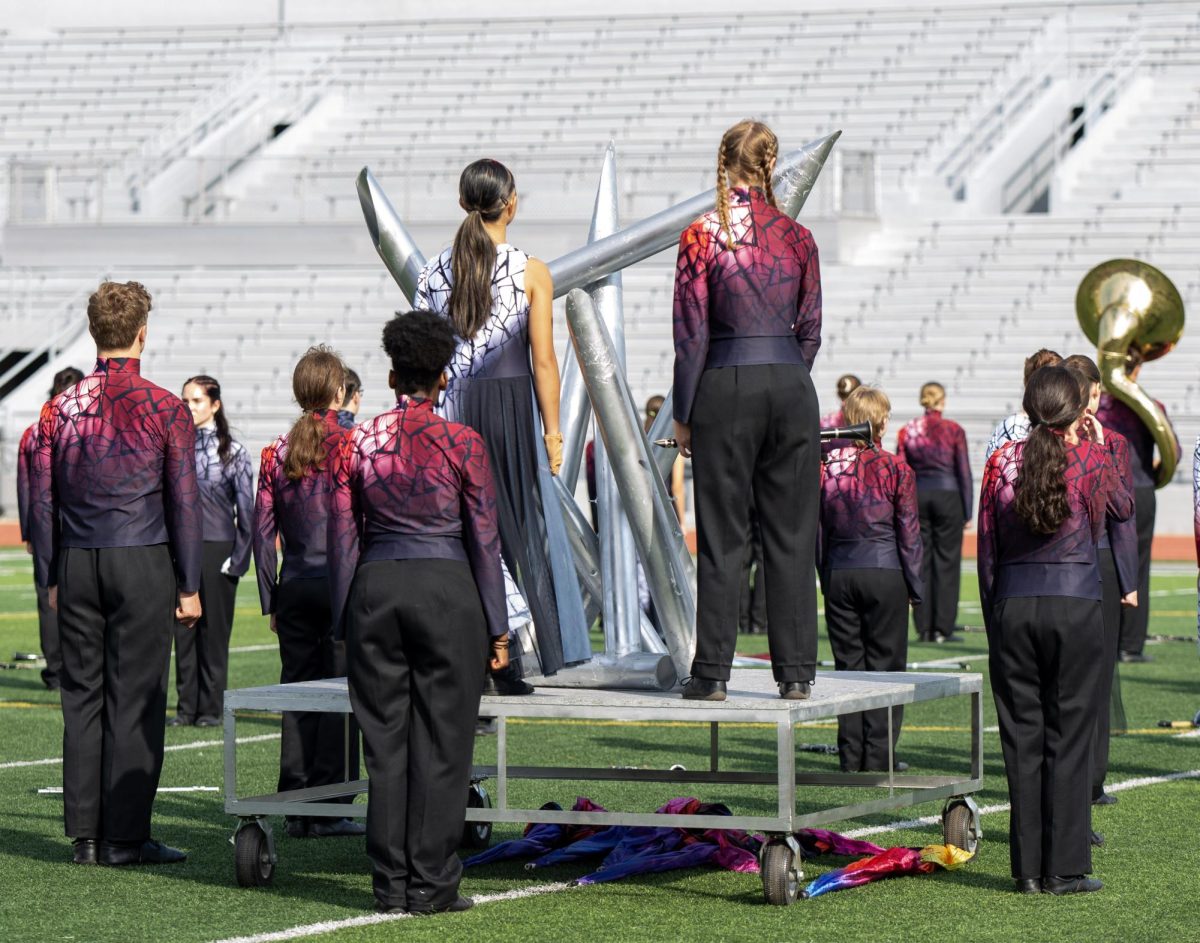The time has come
December 15, 2015
After an announcement from Defense Secretary Ash Carter, women are now eligible for all combat jobs within the United States Military based solely on their ability, not gender. Currently about 220,000 jobs within the military are closed to all women, that all changes this coming January. Starting then, women will be able to serve in infantry units, in the U.S. Army, Navy, Marine Corps, and Special Operations Command.
In January of 2013, the U.S. Defense Department opened more jobs that were previously only available for men. Half a year later the Pentagon released information that women would be able to be involved in all combat roles by 2016. The time has come where being a male is not a part of the job requirements.
Senior Alana Johnston decided to enlist because of her grandpa. He served for three years over in Germany and she wanted to follow in the same footsteps. Johnson joined the Army and will be put in in 31 Bravo, in which she will serve as a military police officer for five years active.
“I think it’s the best thing for the military, people always argue feminism and not being equal, but here is our chance being females to show what we can do on the front line or even in any military job,” Johnston said.
The Obama administration has helped in other ways to integrate the military. In 2010 there was the repeal of the “don’t ask, don’t tell law,” that prohibited homosexuals from serving openly. The White House also backs transgender service members to serve openly.
Although this is the start of seeing true gender equality, another question is raised; will women for the first time ever be subjected to register for the military drafts? The next step in answering this question is to find out if it is constitutional.
The selective service system has been around for what seems like forever. It is used in case of needed military member if a short-handed war ever happens. It has never required women to sign up, they were counted exempt. The Obama administration and congress are going to work together to decide whether or not there should be a change to the Selective Service act.


























